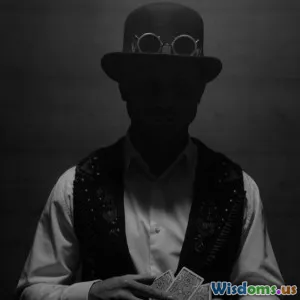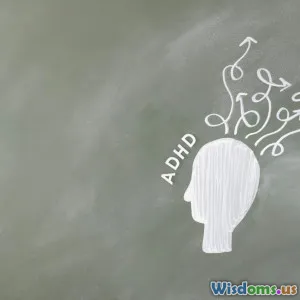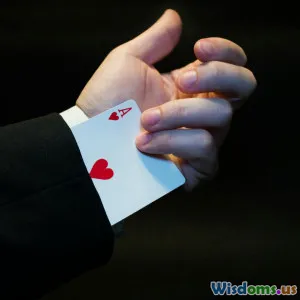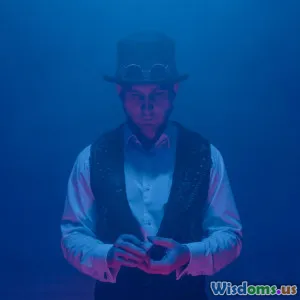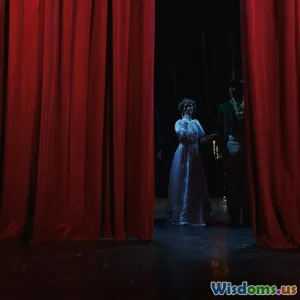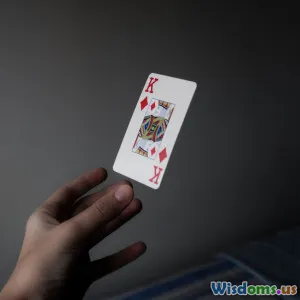
Illusion and Reality in Magic
4 min read Explore the fine line between illusion and reality in magic, uncovering secrets that captivate audiences and evoke wonder. (0 Reviews)
Illusion and Reality in Magic
Magic has captivated audiences for centuries, creating a world where the impossible becomes possible. The essence of magic lies in its ability to blur the lines between illusion and reality. This article explores how magicians use psychological principles, sleight of hand, and stagecraft to create experiences that challenge our perception of reality.
Understanding Magic as an Art Form
At its core, magic is an art form that combines performance, storytelling, and psychology. Unlike traditional forms of entertainment, magic thrives on the audience's desire to believe in the impossible. The magician's role is to guide this belief, leading spectators on a journey where reality is suspended.
The Psychology of Illusion
Psychology plays a crucial role in the effectiveness of magic. Magicians are adept at understanding human perception and cognition. They exploit cognitive biases, such as the illusion of choice, where spectators feel they have control over a situation, but the magician has already predetermined the outcome. Techniques like misdirection are essential tools in a magician’s arsenal, directing the audience's attention away from the method and towards the illusion.
The Mechanisms of Stagecraft
Stagecraft enhances the illusion of magic. From the lighting to the props, every element is meticulously designed to create an immersive experience. For instance, the use of shadows can create the illusion of disappearance, while sound effects can heighten suspense. A well-crafted stage setting can transport the audience into a different reality entirely, making the impossible appear plausible.
The Role of Storytelling
Every magic trick tells a story. Successful magicians weave narratives that engage audiences emotionally. This storytelling aspect not only captivates but also helps in building a connection with the audience. For example, a magician performing a card trick may frame it within the context of a personal story, allowing the audience to invest emotionally in the outcome.
The Ethics of Deception
While magic is about deception, it raises ethical questions. Is it right to deceive an audience? Most magicians argue that the essence of magic is not in the deception but in the joy and wonder it brings. The audience, aware that they are witnessing an illusion, willingly suspends disbelief to enjoy the experience. This mutual understanding is what makes magic a unique form of entertainment.
Conclusion: The Lasting Impact of Magic
In a world increasingly dominated by skepticism, magic serves as a reminder of the wonder and mystery that still exists. It challenges our perceptions and invites us to question our understanding of reality. As magicians continue to innovate and evolve their craft, the delicate dance between illusion and reality will remain a timeless source of fascination. Whether through a simple card trick or a grand stage spectacle, magic connects us to a part of our imagination that thrives on the impossible.
Illusion and reality in magic are not just about tricks; they reflect our innate desire to seek the extraordinary in our everyday lives.
Rate the Post
User Reviews
Popular Posts











